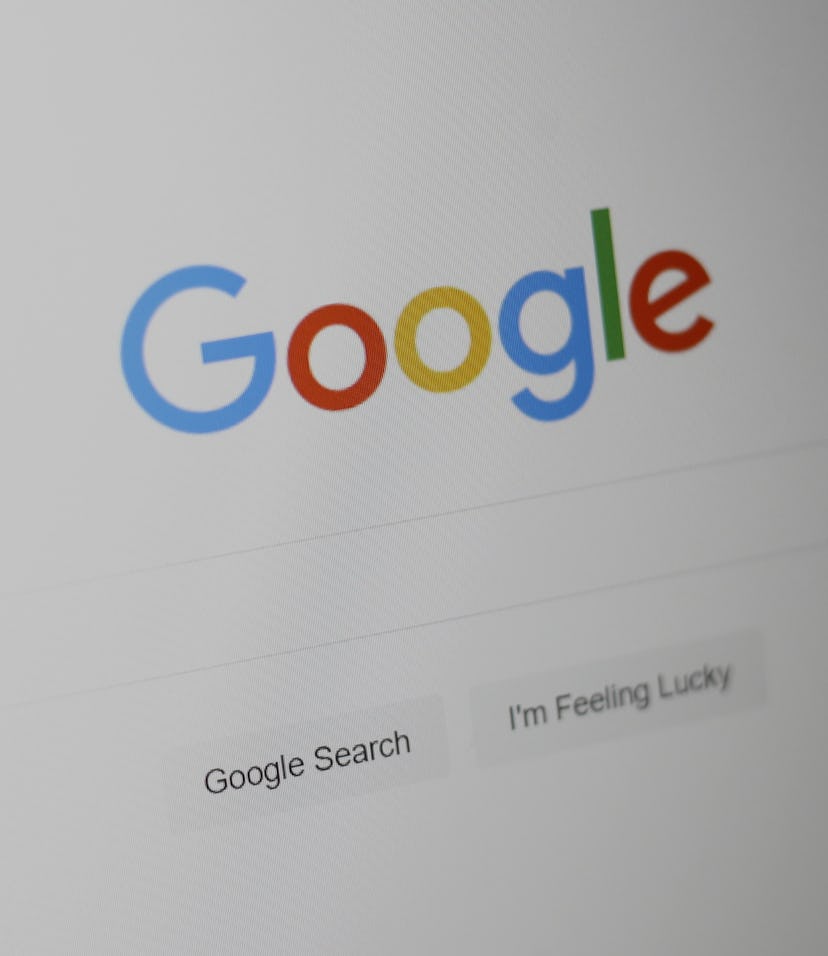Tech
Google's advertising platform is failing nonbinary internet users
Advertisers could direct Google not to, for example, show ads for housing, employment, and financial services to people of "unknown gender."

Google has been violating anti-discrimination laws by allowing companies to exclude nonbinary and transgender people from seeing advertisements for housing, employment, and financial services. That discovery was made by The Markup, which found that while the company's written policies prohibited excluding people on the basis of nonbinary identities, advertisers could do so by unchecking the "unknown gender" category.
Users can fall into that category if they declined to state a gender, set a custom gender, or if Google doesn't know for some other reason.
Precise targeting — The company says it identified about 100 advertisers who unchecked "unknown gender" in ads. It's not clear if they meant to prevent nonbinary people from seeing the ads, but that would obviously be bad if they did. Google says it is moving to update its advertising system and block such targeting.
“We will be implementing an update to our policy and enforcement in the coming weeks to restrict advertisers from targeting or excluding users on the basis of the ‘gender unknown’ category,” Elijah Lawal, a spokesperson for Google said.
All gender categories — "male," "female," and "unknown" — are checked by default when a company is creating an ad on Google. But brands have been trained to target their ads precisely so that they don't waste money reaching the wrong audiences. A feminine health care company may not want to risk money leaving "unknown gender" checked and reaching men, for instance, so it might uncheck that category.
But Google in a statement to The Markup admitted that unchecking "unknown gender" could be used maliciously to hide ads from people who simply don't identify as "male" or "female."
Headaches — This isn't the first time that the tech giants have faced backlash over targeting. Facebook was sued in 2019 by the Department of Housing and Urban Development (HUD) for allowing advertisers to exclude people based on ZIP code, effectively drawing a red line around poorer neighborhoods. Google has also worked with HUD to improve its advertising policies to comply with federal law — but apparently not enough.